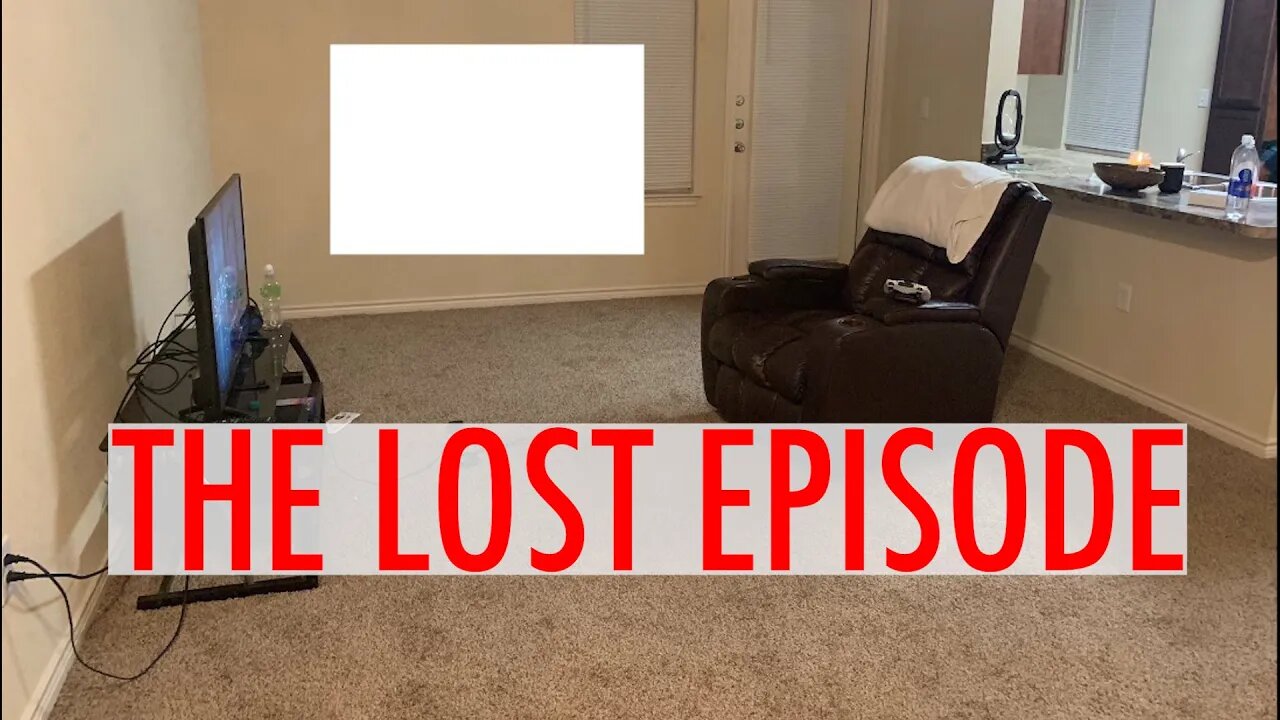
If you have thoughts of hurting yourself, call 911 or your local emergency number immediately, go to an emergency room, or confide in a trusted relative or friend. Suicidal thoughts and behavior are common among people with bipolar disorder.
#Mail call episodes professional
Getting treatment from a mental health professional with experience in bipolar disorder can help you get your symptoms under control. Bipolar disorder doesn't get better on its own. If you have any symptoms of depression or mania, see your doctor or mental health professional. However, this euphoria is always followed by an emotional crash that can leave you depressed, worn out - and perhaps in financial, legal or relationship trouble. When to see a doctorĭespite the mood extremes, people with bipolar disorder often don't recognize how much their emotional instability disrupts their lives and the lives of their loved ones and don't get the treatment they need.Īnd if you're like some people with bipolar disorder, you may enjoy the feelings of euphoria and cycles of being more productive. The most prominent signs of bipolar disorder in children and teenagers may include severe mood swings that are different from their usual mood swings. Some children may have periods without mood symptoms between episodes.

And moods can rapidly shift during episodes. It's often hard to tell whether these are normal ups and downs, the results of stress or trauma, or signs of a mental health problem other than bipolar disorder.Ĭhildren and teens may have distinct major depressive or manic or hypomanic episodes, but the pattern can vary from that of adults with bipolar disorder. Symptoms of bipolar disorder can be difficult to identify in children and teens. In addition, bipolar symptoms may occur during pregnancy or change with the seasons. The timing of symptoms may include diagnostic labels such as mixed or rapid cycling. Signs and symptoms of bipolar I and bipolar II disorders may include other features, such as anxious distress, melancholy, psychosis or others. Thinking about, planning or attempting suicide.Decreased ability to think or concentrate, or indecisiveness.Feelings of worthlessness or excessive or inappropriate guilt.Significant weight loss when not dieting, weight gain, or decrease or increase in appetite (in children, failure to gain weight as expected can be a sign of depression).Marked loss of interest or feeling no pleasure in all - or almost all - activities.Depressed mood, such as feeling sad, empty, hopeless or tearful (in children and teens, depressed mood can appear as irritability).

An episode includes five or more of these symptoms:


You've had at least one major depressive episode and at least one hypomanic episode, but you've never had a manic episode. In some cases, mania may trigger a break from reality (psychosis). You've had at least one manic episode that may be preceded or followed by hypomanic or major depressive episodes. Symptoms can cause unpredictable changes in mood and behavior, resulting in significant distress and difficulty in life. They may include mania or hypomania and depression. There are several types of bipolar and related disorders.


 0 kommentar(er)
0 kommentar(er)
